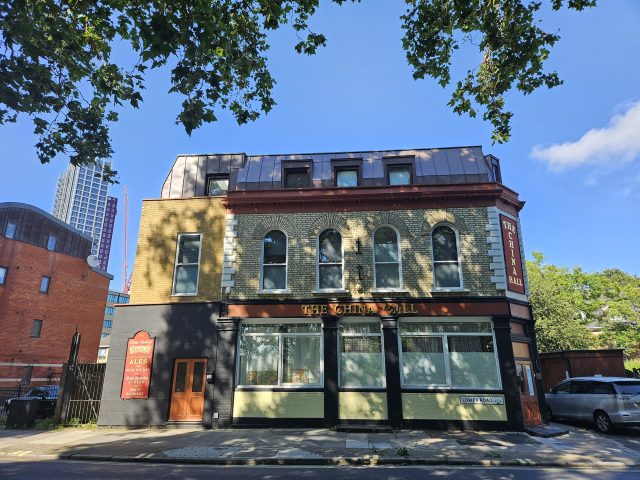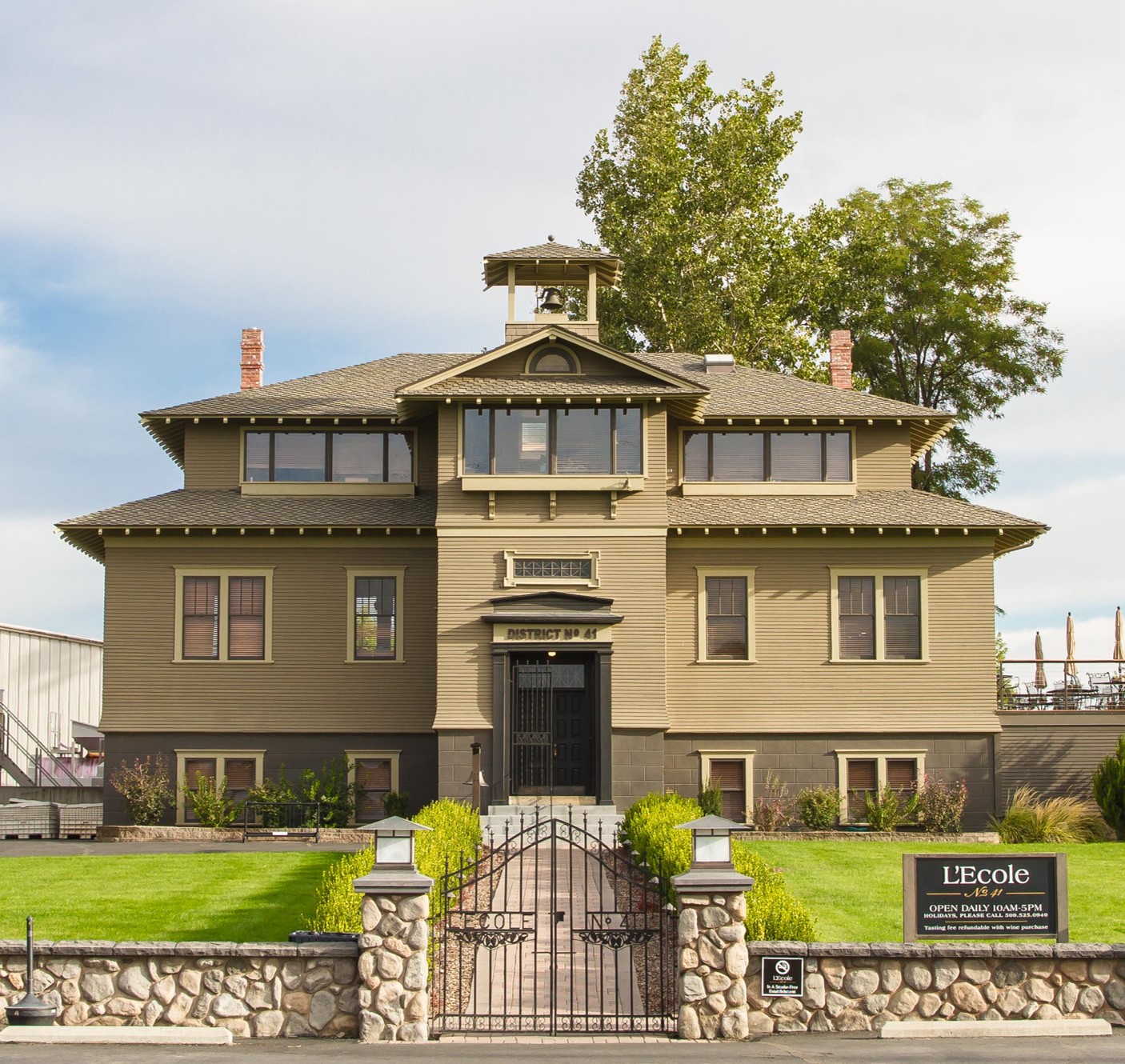London pub rescued by council
A public inquiry has ruled that The China Hall pub in Rotherhithe must be returned to being a public house after its owners tried to convert the historic boozer into flats.

A pub has been on the site of The China Hall since the early 18th century, with current structure built in the 1860s – the pub takes its name from a theatre that was once next door, but burnt down in the latter part of the 1700s.
The public house closed its doors in December 2018 and in 2021 work began to develop the pub’s upper floor into flats after planning permission was granted.
However, in January 2022, developer Hamna Wakaf began work to convert the pub’s ground floor into two flats, but this time without planning permission. When officials from Southwark Council visited, they found that beer lines had already been cut, the bar removed and the carpet stripped. In an effort to stop this, a planing enforcement notice was issued, which was then appealed by the owners.
Hamna Wakaf, is registered as a company on the Isle of Man and is owned by property tycoon Asif Aziz, whose name has come up in numerous cases of pubs being redeveloped, as reported in a 2015 issue of Private Eye.
Partner Content
In May of this year this appeal was subject to a three day public inquiry, and last week it was dismissed, meaning that the the building must once again serve as a pub.
The appeal decision clarified, among other points, that “the residential use of the ground floor of the building” must cease, and “all new partitions at ground floor and basement level, except for those that facilitate the communal residential entrance to the upper floors” must be removed. It also noted that “it has not been demonstrated that there is sufficient justification for the loss of the use as a public house”.
Helen Dennis, a Labour councillor and cabinet member for new homes and sustainable development, called the verdict a “huge win” for local residents and Southwark Council: “Pubs are specifically protected by planning policy and for good reason. I’m thrilled that such an important piece of Rotherhithe’s history and community has been protected. It serves as a warning that it is never acceptable for works for go ahead before a planning application has been approved.”
Andy Large, chair of the South East London branch of the Campaign for Real Ale (CAMRA) was also “delighted” with the news of the council’s victory: “I hope it serves as an inspiration to other local planning authorities to defend against unauthorised development that results in the loss of valued community facilities.”
CAMRA has been a key force in campaigning for the preservation and protection of the UK’s public houses, particularly against owners who repurpose the buildings. According to the campaign group, a third of pub closures across the country are a result of developers flouting planning permission.
Related news
5 wacky ways London’s bars are celebrating Valentine’s Day




